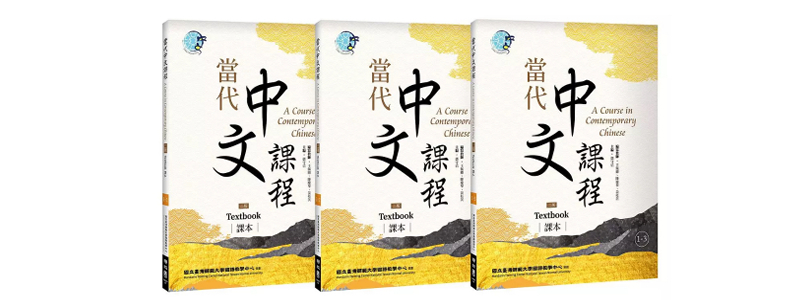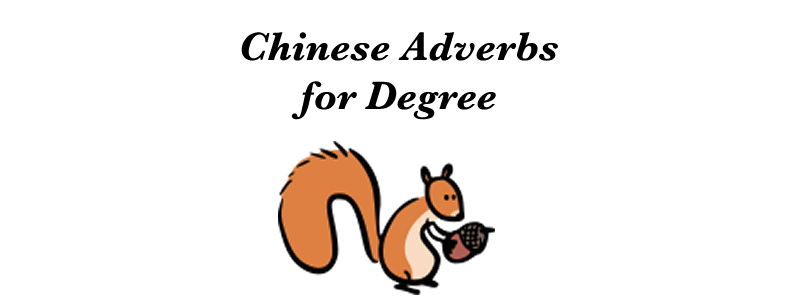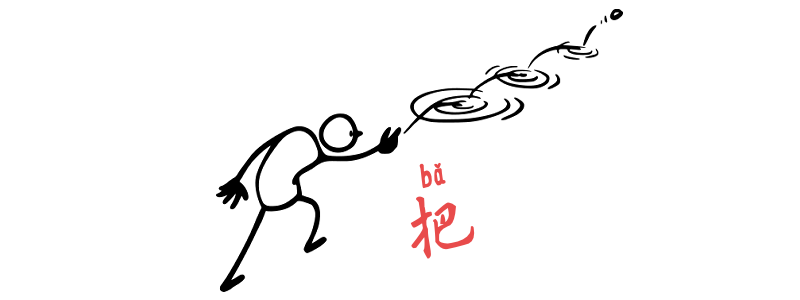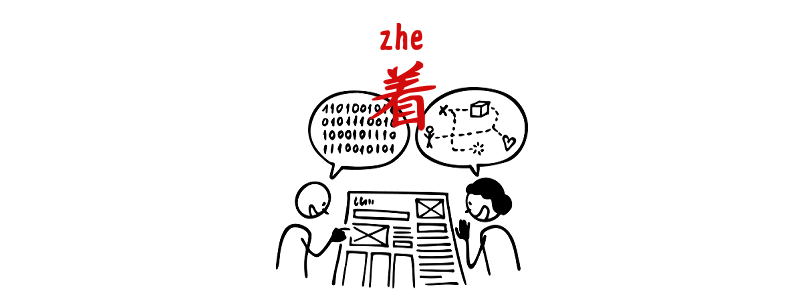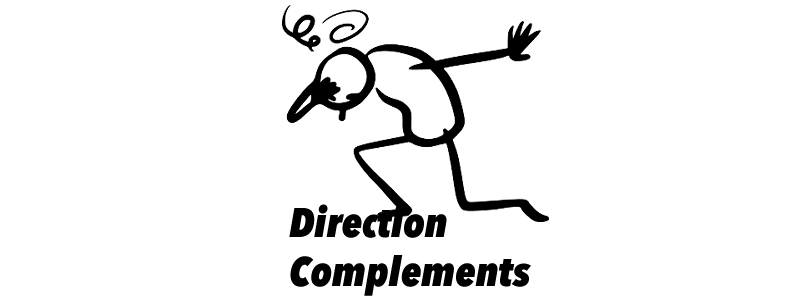老屁股 lǎo pìgǔ (Taiwan only) N. (Literal meaning is “old butt”) 老屁股 lǎo pìgǔ is a casual Taiwanese slang term for someone who’s been in a company or group for a long time. It usually refers to a veteran who knows all the tricks, understands the office politics, and often knows how to slack off…
Author: tiffany
B1 L3 Vocabulary and Practice
There’s a small menu in the bottom right corner where you can choose how you want to review. Options include:
B1 L1 Vocabulary and Practice
There’s a small menu in the bottom right corner where you can choose how you want to review. Options include:
B1 L2 Vocabulary and Practice
There’s a small menu in the bottom right corner where you can choose how you want to review. Options include:
Adverbs for Degree 2 – 特 tè, and 异常 yìcháng
Grammar Point:In Chinese, both 2 adverbs 特 tè and 異异常 yìcháng are used to express a high degree of something, but they differ in tone, formality, and usage context. 特 tè – Especially, particularly, very 特 tè + Adj or V 特 tè is used to emphasize a certain degree or highlight something as especially true compared to others. It’s commonly used…
Synonyms of “Want” in Chinese
In Chinese, there are 3 common ways to express “want”: 要 yào, 想要 xiǎngyào, and 想 xiǎng. While they can all be translated as “want” or “would like,” the differences lie in how strong the desire is, how certain the speaker is, and who typically uses it. 要 yào — Strongest, most certain 我wǒ要yào學xué中文zhōngwén我wǒ要yào学xué中文zhōngwénI want to study Chinese.(This shows a firm decision. The speaker has likely…
Chinese Connecting Components
Grammar Point:而 ér, 同 tóng, and 與与 yǔ are three connectors commonly seen in formal or written Chinese. They are used to link words, phrases, or clauses. These connectors are rarely used in everyday spoken language and are typically found in settings such as news reports, official documents, speeches, and academic writing. 而 ér – but, and, yet 而…
Direction Complement with 把 bǎ
What is a Direction Complement? A direction complement describes where an action moves. Especially movement toward or away from something. Common examples include: These can be combined: What is 把 bǎ? 把 is a grammatical structure used to emphasize how an object is handled or affected by an action. Structure 把 + (neg- or adv.) + object + verb phrase When you use direction complements with 把,…
Existential Sentences with Posture Verbs
What are Existential Sentences: Existential sentences are used to talk about the existence or presence of someone or something in a particular place. They answer questions like: What are Posture Verbs: Posture verbs describe a person or object’s physical position or pose. Actually a lot of Non-Posture verbs can also apply for this structure. Structure Location + Posture Verb + 著着 zhe +…
Direction Complement VV and VVV
Grammar Point:A direction complement is a complement used to describe the direction of a verb in Chinese. For example, the verb “走 zǒu” means “to walk”. However, to specify which direction you are walking in, you can add a direction complement to describe where you are walking to. For example, 走zǒu進jìn走zǒu进jìnWalk in 走zǒu出chū走zǒu出chūWalk out Now, let’s take a…

